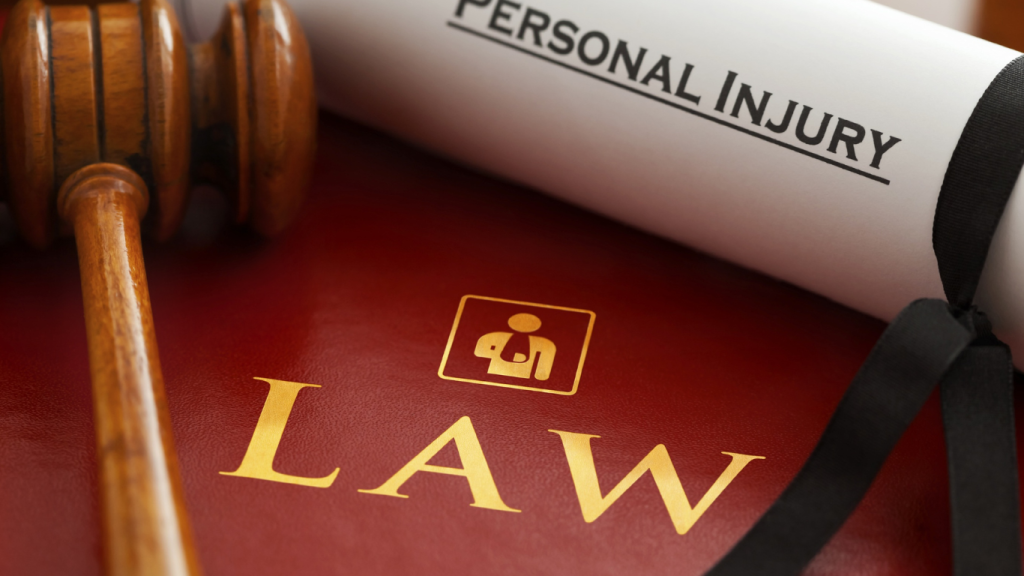Suffering a personal injury can be a difficult and stressful experience. In addition to the physical pain and emotional distress, you may also face financial challenges such as medical bills, lost wages, and other expenses. If your injury was caused by the negligence of another party, you may be able to file a personal injury claim to seek compensation for your losses.
The personal injury claim process can be complicated and overwhelming, especially if you never got involved in a legal dispute before. However, understanding what to expect can help you navigate the process with confidence and improve your chances of obtaining a favorable outcome.
Here are the key steps involved in the personal injury claim process:
Consultation with an attorney:
The first step in filing a personal injury claim is to consult an experienced attorney who can evaluate the circumstances of your case and advise you on your legal options. During the consultation, you should provide your attorney with all relevant information about your injury, including medical records, police reports, and any other documentation that may be relevant to your case.
Investigation:
Once you have hired an attorney, they will conduct a thorough investigation to gather evidence to support your claim. This may include interviewing witnesses, reviewing medical records, and consulting experts in various fields such as accident reconstruction or medicine.
Demand letter:
After completing their investigation, your attorney will prepare a demand letter outlining the details of your claim and the compensation you are seeking. This letter will be sent to the responsible party or their insurance company, who will have a certain amount of time to respond.
Deposition or Negotiation:
In many cases, the responsible party or their insurance company will attempt to negotiate a settlement with you rather than go to trial. Your attorney will negotiate on your behalf to ensure that you receive fair compensation for your losses.
Filing a Lawsuit:
If a settlement cannot be attained through negotiation, your attorney may recommend filing a lawsuit. This involves filing a complaint with the court and serving it to the responsible party or their insurance company. The litigation process can be lengthy and expensive, but your attorney will guide you through each step.
Discovery:
During the litigation process, both parties will engage in discovery, which involves exchanging information and evidence relevant to the case. This may include depositions, interrogatories, and requests for documents.
Trial:
If your case goes to trial, your attorney will present your case to a judge or jury. The trial can last several days or even weeks, and both sides will have the opportunity to present their evidence and arguments.
Judgment:
After the trial, the judge or jury will make a decision and issue a judgment. If you win your case, you will receive compensation for your losses as determined by the court.
The personal injury claim process can be complex and time-consuming, but having an experienced attorney on your side can make a significant difference in the outcome of your case. By understanding what to expect, you can approach the process with confidence and obtain the compensation you deserve for your injuries.

